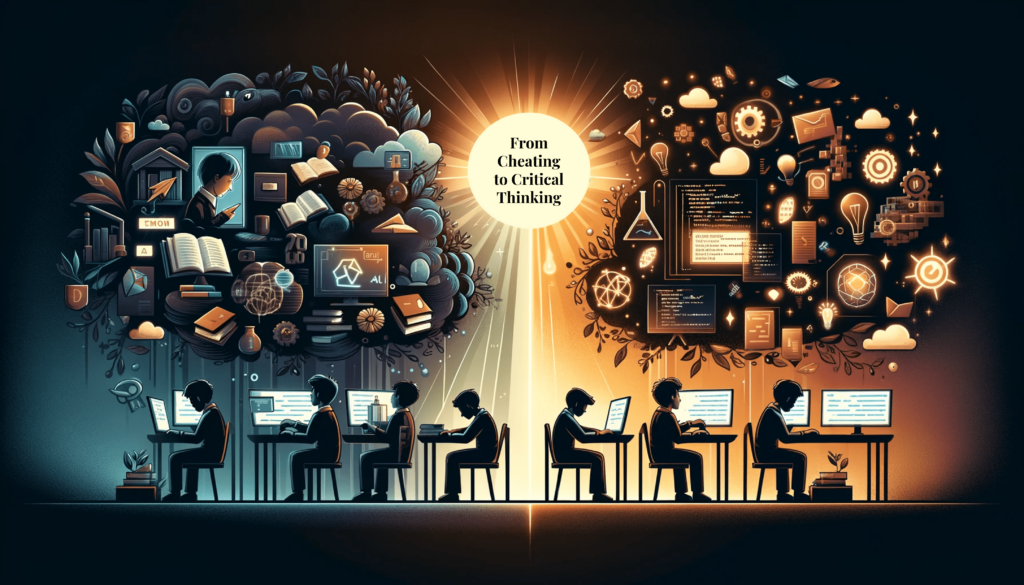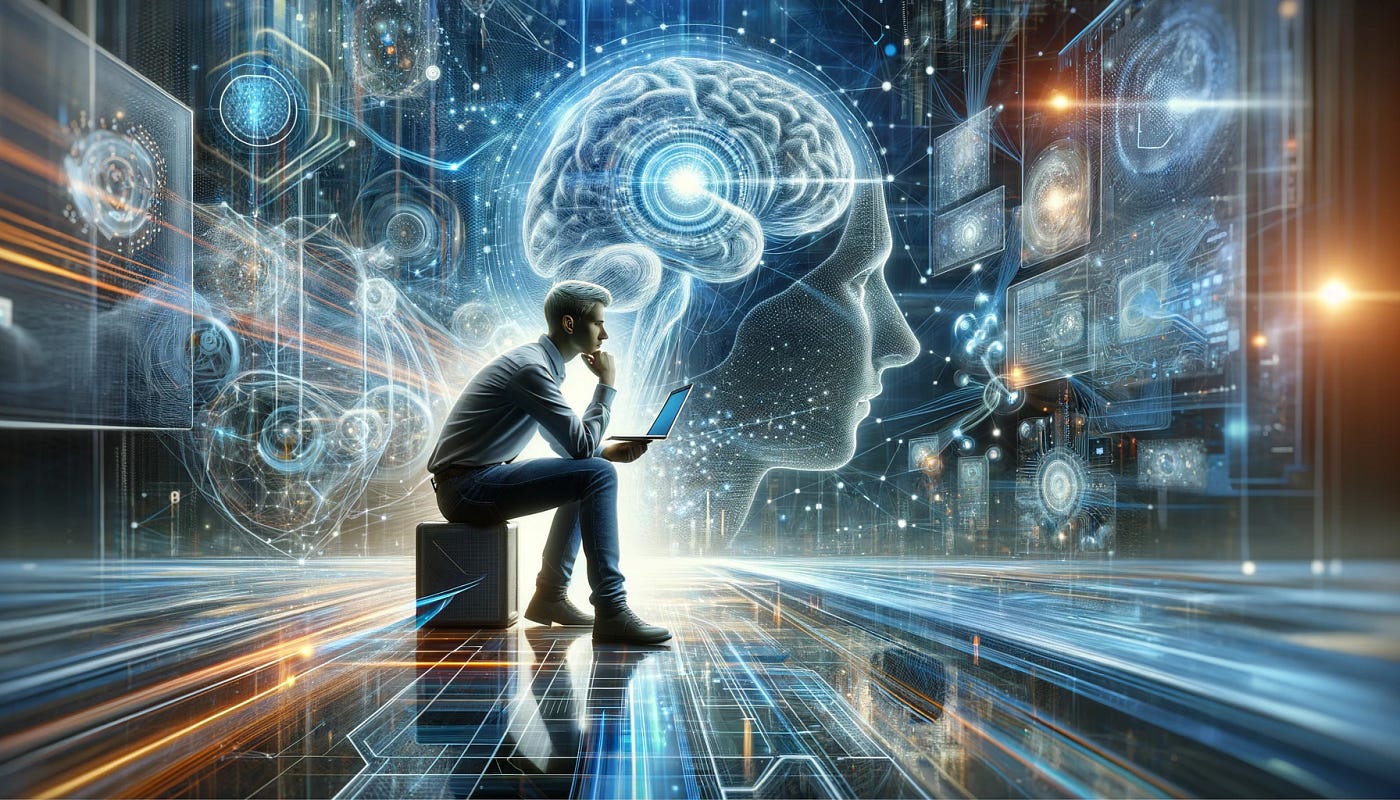As artificial intelligence (AI) becomes increasingly prevalent in society, providing instant answers and automating complex tasks, a growing concern is emerging around cognitive laziness and overtrust in AI outputs—a phenomenon known as automation bias. Experts emphasize that while AI offers remarkable capabilities, critical thinking skills are more important than ever for leaders and individuals to carefully evaluate AI-generated information and maintain their capacity for independent reasoning.
The Rise of AI and Its Impact on Decision-Making
By 2025, AI has transformed numerous sectors, enabling faster data analysis, pattern recognition, and automation of routine tasks. Enterprises are investing heavily in AI platforms that deliver optimized performance and profitability, integrating large language models that can reason similarly to humans and handle multimodal data such as text, images, and video. Governments and public institutions also leverage AI to enhance communication, transparency, and citizen engagement, using AI-powered chatbots and analytics to improve responsiveness and foster trust.
However, this convenience comes with risks. Automation bias occurs when individuals place excessive trust in AI systems, assuming their outputs are always accurate and reliable. This overconfidence can lead to cognitive laziness, where people stop questioning AI decisions or verifying their correctness, potentially resulting in errors and poor outcomes. For example, users may accept AI recommendations without scrutiny, which is particularly dangerous in critical fields like healthcare, finance, or public policy.
The Danger of Cognitive Laziness and Automation Bias
Automation bias stems from several factors, including overconfidence in automated systems, cognitive laziness, and a lack of understanding of AI limitations. People tend to rely on AI because it reduces cognitive effort—accepting AI outputs is easier than performing manual analysis or critical evaluation. Over time, this reliance can erode essential human skills, such as problem-solving, ethical reasoning, and independent judgment, as these faculties are exercised less frequently.
Moreover, complacency and reduced vigilance can occur when users delegate too much responsibility to AI, failing to detect errors or inconsistencies. This not only compromises decision quality but also diminishes users’ engagement and accountability.
The Imperative of Critical Thinking in the AI Era
To counteract these risks, experts stress the urgent need to cultivate and upskill critical thinking abilities. Critical thinking enables individuals to contextualize, question, and effectively apply AI-generated insights rather than accepting them at face value. It bridges the gap between AI’s pattern recognition strengths and the nuanced human judgment required for ethical, creative, and strategic decisions.

For leaders and professionals, integrating critical thinking with AI use involves:
•Interpreting AI-generated data thoughtfully, considering context and potential biases.
•Solving complex problems by supplementing AI outputs with human creativity and innovation.
•Navigating ethical challenges to ensure responsible and fair use of AI technologies.
Research also shows that cognitive forcing functions—tools or interventions designed to prompt analytical thinking—can reduce overreliance on AI by encouraging users to engage more deeply with AI explanations and recommendations. Examples include checklists, diagnostic time-outs, or explicit prompts to consider alternative options. These methods help disrupt automatic heuristic reasoning and foster more deliberate evaluation of AI outputs.
Balancing AI Benefits with Human Judgment
While AI continues to enhance productivity and public engagement, the risk of losing independent reasoning skills is real and pressing. The democratization of AI tools means that more people can access complex data analysis, but without critical thinking, there is a danger that misinformation, disinformation, and poor decisions will proliferate. Leaders in both the public and private sectors must therefore prioritize education and training in critical thinking alongside AI adoption to ensure that human insight remains central to decision-making processes.
In conclusion,
as AI becomes a powerful and ubiquitous tool, the human capacity for critical thinking is not just complementary but essential. Avoiding cognitive laziness and automation bias requires conscious effort to evaluate AI outputs carefully, maintain vigilance, and uphold independent reasoning. This balance will enable society to harness AI’s benefits while safeguarding against its pitfalls, ensuring smarter, more ethical, and more resilient decision-making in the AI-driven future.

